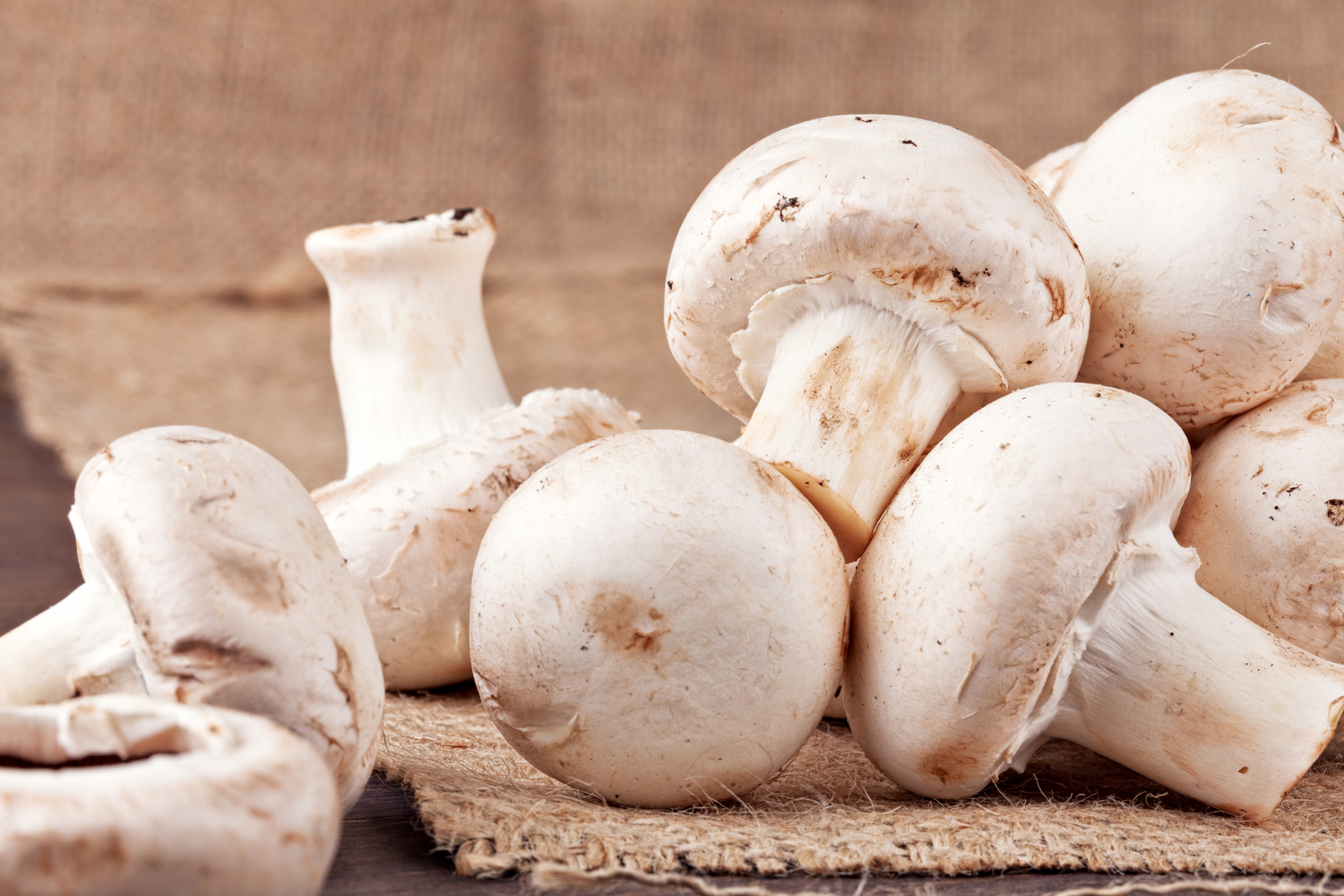Comprehensive Dietary Strategies to Enhance Seizure Management and Improve Brain Health
Discover comprehensive dietary strategies that support seizure control and enhance brain health. Learn about the importance of hydration, healthy fats, complex carbohydrates, and lean proteins in managing epilepsy. This guide provides practical nutritional advice to complement medical treatment, aimed at reducing seizure frequency and promoting neurological well-being.

Effective Nutritional Approaches for Better Seizure Control
Seizures are sudden episodes of abnormal electrical activity in the brain that can disrupt normal neurological functions. While pharmacological treatments are often the primary approach, emerging research emphasizes the importance of dietary strategies in managing seizure frequency and severity. Incorporating nutrient-dense foods into daily routines, alongside maintaining a healthy lifestyle, has proven to be beneficial for individuals prone to seizures. This detailed guide explores various dietary modifications that can support seizure control, improve overall brain health, and enhance quality of life.
Prioritizing Hydration with Water
Maintaining optimal hydration levels plays a critical role in neurological health and seizure management. Adequate water intake ensures that the brain remains well-oxygenated and nourished, thereby reducing the risk of dehydration-related neurological disturbances. Dehydration can exacerbate epileptic episodes, making consistent hydration an essential component of a seizure-friendly diet. Drinking sufficient water throughout the day helps stabilize electrolytes, support metabolic functions, and promote efficient nerve signaling.
Beyond hydration, consuming healthy fats—especially from sources like nuts, seeds, avocados, and oily fish—supports overall brain function. Omega-3 fatty acids, prominent in fatty fish such as salmon, mackerel, and sardines, are renowned for their neuroprotective properties. These fats help reduce inflammation, promote neuronal repair, and improve cognitive function, all of which are vital for individuals managing seizures. Including such foods regularly can bolster brain resilience and help mitigate seizure episodes.
Incorporating Complex Carbohydrates from Vegetables and Whole Grains
Unrefined carbohydrates derived from fruits, vegetables, legumes, and whole grains provide a steady source of glucose, which is the brain’s primary fuel. These foods help stabilize blood sugar levels, preventing spikes and crashes that can trigger seizures. A diet rich in fiber from these sources promotes metabolic balance, supports insulin sensitivity, and maintains consistent energy levels, thereby reducing the likelihood of seizure episodes linked to blood sugar instability.
Emphasizing Lean Proteins such as Poultry and Plant-Based Sources
Protein is essential for tissue repair, enzyme production, and neurotransmitter synthesis. Lean meats like chicken and turkey provide high-quality protein without excessive saturated fats. Additionally, plant-based proteins such as beans, lentils, and tofu can complement dietary needs, offering additional fiber and micronutrients. Adequate protein intake supports overall vitality, muscle strength, and neurological health, all contributing to better seizure management.
While diet plays a significant role in enhancing seizure control, it should complement a comprehensive treatment plan overseen by healthcare professionals. Pharmacological therapies—including anticonvulsant medications like Aptiom®—remain a cornerstone of seizure management. Aptiom® is approved for use in children aged four and above and offers a safe, effective way to reduce seizure frequency by calming hyperactive nerve signals. Combining appropriate medication with tailored dietary strategies can optimize outcomes for individuals with epilepsy.





